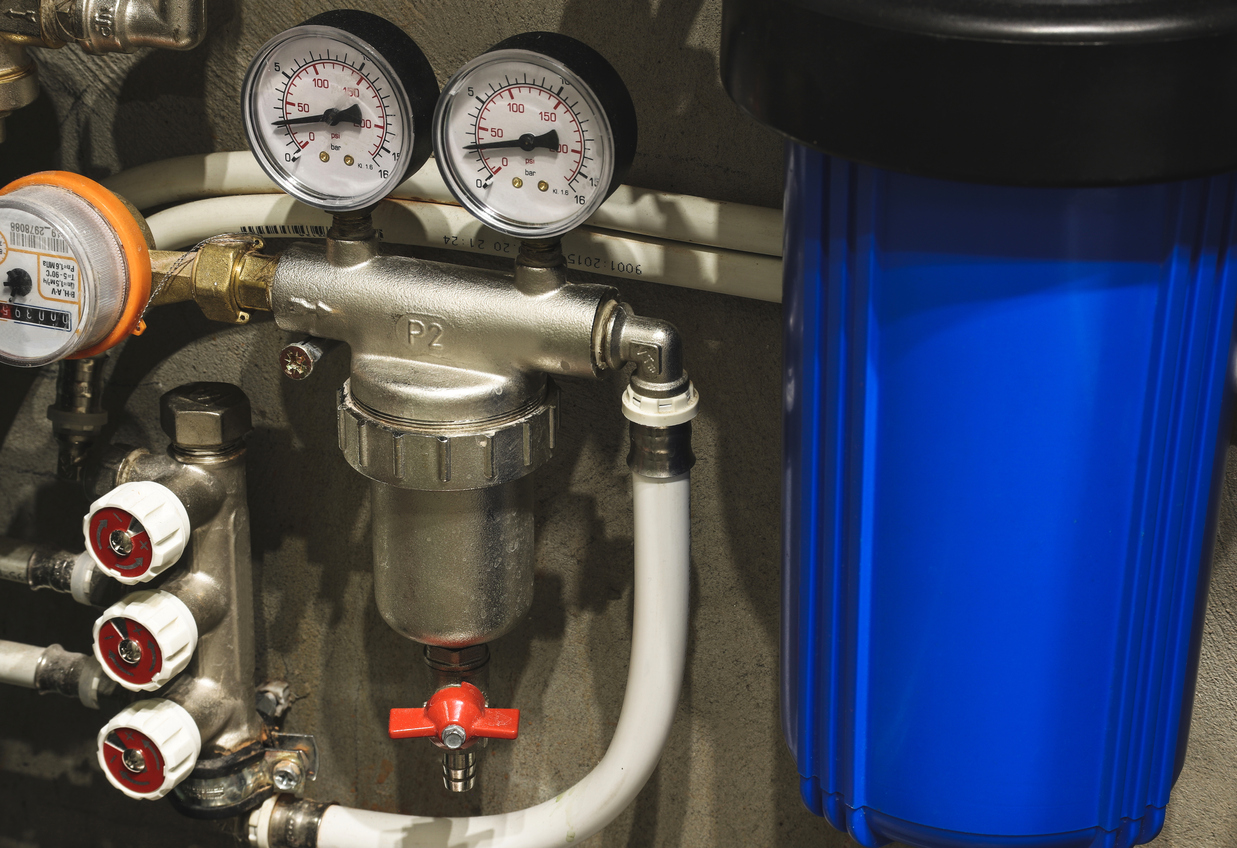Call for a National Water Reclamation System in Nigeria: The Necessity and Benefits
Call for a National Water Reclamation System in Nigeria: The Necessity and Benefits
As a fast-developing nation, Nigeria is challenged to provide its citizens with better standards of living. One of the most pressing issues that need to be addressed is the lack of clean water and sanitation services. With an estimated population of over 200 million people by 2050, Nigeria will soon reach a critical point where access to clean drinking water becomes scarce. Water shortages are expected to intensify in the coming years as industrial activities, urbanization, and climate change continue to take their toll on the country’s natural resources. In addition, rapid population growth has led to uncontrolled land conversion from forested areas or wetlands into developed land uses. These activities have resulted in huge quantities of wastewater from both domestic dwellings and industrial sites being discharged directly into rivers, streams and other surface waters.
The Problems with Nigeria’s Water Supply and Sanitation
There are three key problems with Nigeria’s water supply: – Challenge of limited access to clean water: The biggest issue is the limited access to clean water. About 80% of Nigerians do not have access to clean water. The West African nation has also been plagued by periodic water-related diseases such as cholera and typhoid, which are often contracted through contaminated drinking water. – Expensive water supply: The second issue is that water supply is very expensive in Nigeria. According to one study, the average price of water supply in Lagos is USD 0.22 per gallon, which is the highest in the world. This is more than 100 times the global average price of water supply. And this is just one city. Imagine the situation across the country. – Polluted water: The third problem is that water supply in Nigeria is heavily polluted. As much as 80% of water that Nigerians use daily is already contaminated.
The Urgency for a National Water Reclamation System
Nigeria is the most water-stressed nation in the world, and it is likely to become the first with “no fresh water” by the end of this century. This is according to a report prepared by the United Nations (UN) and African Development Bank (AfDB). What’s more, the country is losing about $31 billion every year due to inadequate access to clean water. The cost of treating wastewater is almost four times more expensive than water supply from dams. But the main issue is that most wastewater treatment plants are not running efficiently, if at all. The country’s poor water supply and sanitation pose a serious threat to health. Poor water quality has led to increased rates of water-related diseases. This, in turn, has led to large economic losses as workers who become sick due to poor water quality are less productive.
Benefits of National Water Reclamation System in Nigeria
A national water reclamation system would provide Nigeria with many benefits, including: – Reduced water pollution: The first benefit of establishing a national water reclamation system is that it would help reduce water pollution. Polluted water can negatively impact on both human health and the environment. The impacts can include increased cases of infectious diseases, reduced water supplies, and damage to plant and wildlife species. – Helps meet the Sustainable Development Goals: A national water reclamation system would help Nigeria meet the Sustainable Development Goals (SDGs) related to water and sanitation. The goals include reducing by half the proportion of people without sustainable access to safe water and sanitation, and increasing water productivity across the country. – Replenishment of ground water reserves: A national water reclamation system could help replenish ground water reserves by treating and reusing wastewater. In areas where there is no sustainable water supply, wastewater could be used to support agriculture.
Conclusion
All in all, it is clear that the benefits of a national water reclamation system greatly outweigh any costs and risks. This system would help protect both human health and the environment by providing clean water and reducing water pollution. It would also help Nigeria meet the Sustainable Development Goals related to water and sanitation, and it could replenish ground water reserves. For Nigeria, water security is an issue that cannot be ignored any longer. The country must take action to ensure the sustainability of its water supply. A national water reclamation system would be the best way to achieve this goal.








LEAVE A COMMENT
You must be logged in to post a comment.